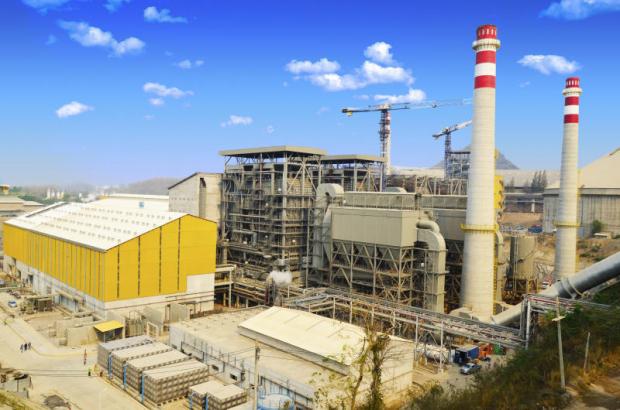
Business operators have high expectations that the country's energy policymakers will soon open licence granting for waste-to-energy power plants with a combined capacity of 300 megawatts.
The National Institute of Development Administration (Nida) on Tuesday held a seminar titled "Choices: Survival for Waste-to-Energy Power Plants", bringing many private companies together to discuss the matter of compliance with the revised national power development plan (PDP) for 2018-38.
The seminar's consensus was that the existing licence quota of 550MW for waste-to-energy power projects is nearly full.
Worawit Lerdbussarakam, vice-president of TPI Polene Power Plc (TPIPP), said the current quota is set at 500MW for municipality waste and 50MW for industrial waste.
As of September, licences had been granted with a combined capacity of 497MW, of which 50MW for industrial waste had already met the quota, leaving room for 53MW for municipality waste.
"The granted investors are committing to development and starting operations in the next few years," Mr Worawit said. "33 waste-to-energy projects are now in operation with a combined capacity of 203MW, while the remaining 55 projects are in the development period."
The current PDP version for 2014-36 sets a goal to achieve 550MW from waste-to-energy power projects by 2036.
"They have taken only four years to reach the goal, so the investors are calling for a new quota," Mr Worawit said. "But further details will be finalised soon under the new PDP version, as waste management is set to be a priority issue for the country's focus over the next decade."
He said several laws and regulations are set to be revised in a bid to facilitate new project development, including the newly effective Cleaning Act of 2017.
But Mr Worawit said the process of licence granting remains too slow in the business operators' point of view, as provincial administrative offices are not ready to implement the laws.
He said Thailand has potential in waste-to-energy power projects of as much as two gigawatts.
"The previous promotion was the 78MW Quick-Win Concept, endorsed by the Energy Regulatory Commission, but it failed to attract potential investors because the ERC set gasification as the core technology," he said. "The development cost is 2-3 times higher than that of refuse-derived fuel technology, although the feed-in tariff and waste tipping fee are equal to RDF."
Sawita Tinsuntisook, director of the renewable energy industry club at the Federation of Thai Industries, said the process of licence granting is still complicated and cumbersome, as investors have to request 15 licences from 10 state agencies.
"Although the government has set waste management as the top priority to promote, we really need a one-stop service unit to speed up the process," Ms Sawita said.
Licence granting to investors should be on a first-come, first-served basis, she said, and investors should be free to run their power plants without any intervention.
Chao Nokyoo, director of Nida's inland water quality division, said solid waste nationwide has increased significantly over the last 10 years, from 40,662 tonnes a day in 2008 to 42,400 in 2017.
Mr Chao said all stakeholders should focus on waste-to-energy projects as the waste problem intensifies.
"The waste landfills in Thailand should be restricted for dumping, as there is no prevention of waste entering water resources or germs breeding," he said.